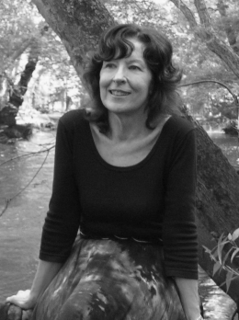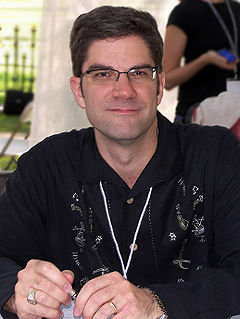A Quote by Ruth Rendell
I try, and I think I succeed, in making my readers feel sorry for my psychopaths, because I do.
Related Quotes
I feel that historical novelists owe it to our readers to try to be as historically accurate as we can with the known facts. Obviously, we have to fill in the blanks. And then in the final analysis, we're drawing upon our own imaginations. But I think that readers need to be able to trust an author.
I may not know the weight of those things, but I could feel the weight of that one, so I kept it to myself. You know that things aren't going well for you when you can't even tell people the simplest fact about your life, just because they'll presume you're asking them to feel sorry for you. I suppose it's why you feel so far away from everyone, in the end; anything you can think of to tell them just ends up making them feel terrible.
I feel somewhat privileged because I often feel very sorry for kids. I often feel very sorry for 20-year-olds and teens who grew up with the internet and have grown up completely connected because, for me, people like me know what it was to struggle, but it wasn't a struggle. It was great! It was fantastic. The thrill of the hunt.





































